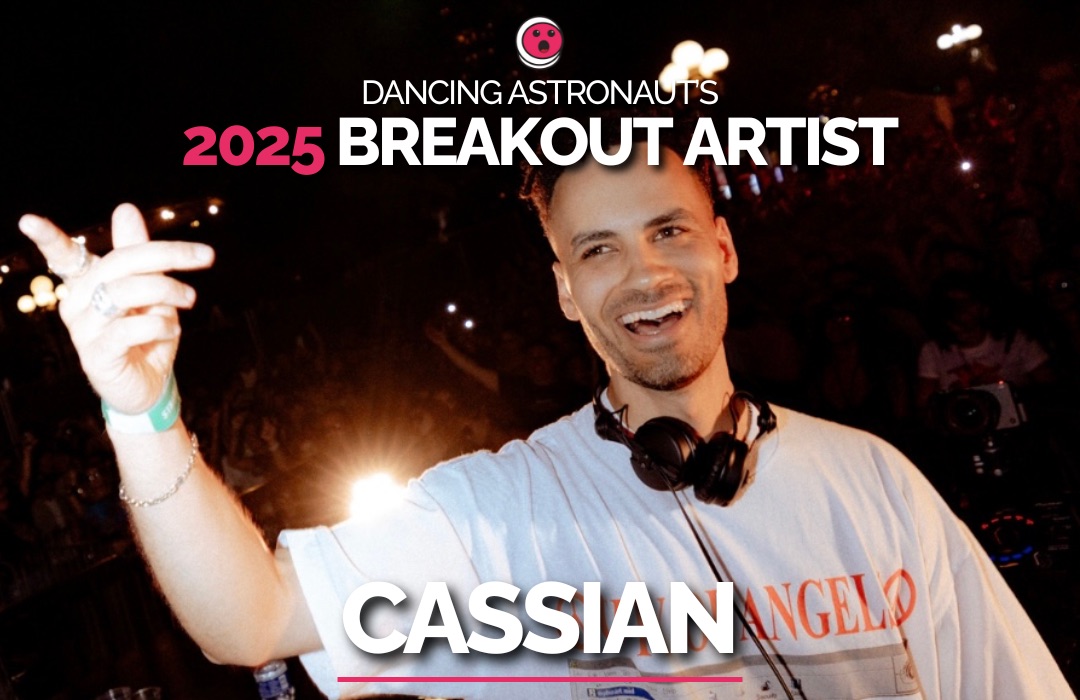Ryuichi Hiroki has directed mainstream dramas, arthouse movies and erotic "pink films." Ride or Die, Hiroki's loose adaptation of Ching Nakamura's dark yuri manga Gunjo, combines elements of all three styles to very mixed results. With judicious editing, this could have been a tight thriller; with deeper character development, it could have made for an involving miniseries. As is, this two-hour-and-22-minute Netflix movie is kind of a slog.
Ride or Die's first half-hour is its most involved, setting up the premise in nested flashbacks. We first meet Rei, played by Kiko Mizuhara from Queer Eye's Japan season, going to a club and picking up a businessman in the first of the film's many elaborate long takes. Soon they're having sex at his place, and just when he's about to finish, she asks the businessman if she can sleep with his wife and slits his throat. The film then flashes back a day before, revealing Rei planned this murder as a favor to the man's battered wife Nanae (Honami Sato). Further flashbacks to 10 years ago reveal Nanae was Rei's high school crush.
There's a psychological complexity to Rei and Nanae's relationship that keeps the storyline interesting. It's hard to say whether Rei is helping Nanae or hurting her, and things get even more messed up when we meet other sympathetic characters Rei has explicitly hurt. Both of the main actors do a great job with their characters, especially in scenes where they have to sell complex emotions without dialogue.
The telling of this story, however, loses almost all of its momentum after the first act. So much time passes with so little happening that the tension keeps deflating, only to flare up again at the next exhausting argument scene. Hiroki's long takes are sometimes efficient storytelling, but too often just become self-indulgent padding. Meanwhile, the character development often jumps from place to place with little rhyme or reason for why feelings have suddenly shifted between scenes.
As a yuri story, Ride or Die gets some points for actually engaging with lesbian identity, but it's also very obviously a lesbian film directed by a straight man. While discussions of what counts as "the male gaze" in such stories often result in many different opinions, it seems safe to assume that the vast majority of real-life lesbians don't talk about how men are better at sex while they're having sex. Maybe there's some sarcasm in the Japanese that doesn't translate to the English subtitle script, but the sex scene dialogue seriously drags the movie down.
That Ride or Die has so many individual elements that either work or are at least intriguing make the long stretches of boredom and frustration all the more annoying. As a whole, it's nowhere near fun enough to be great pulp, and not moving enough to be great art.
Directed by Ryuichi Hiroki, Ride or Die stars Kiko Mizuhara and Honami Sato and is now streaming on Netflix.
About The Author

